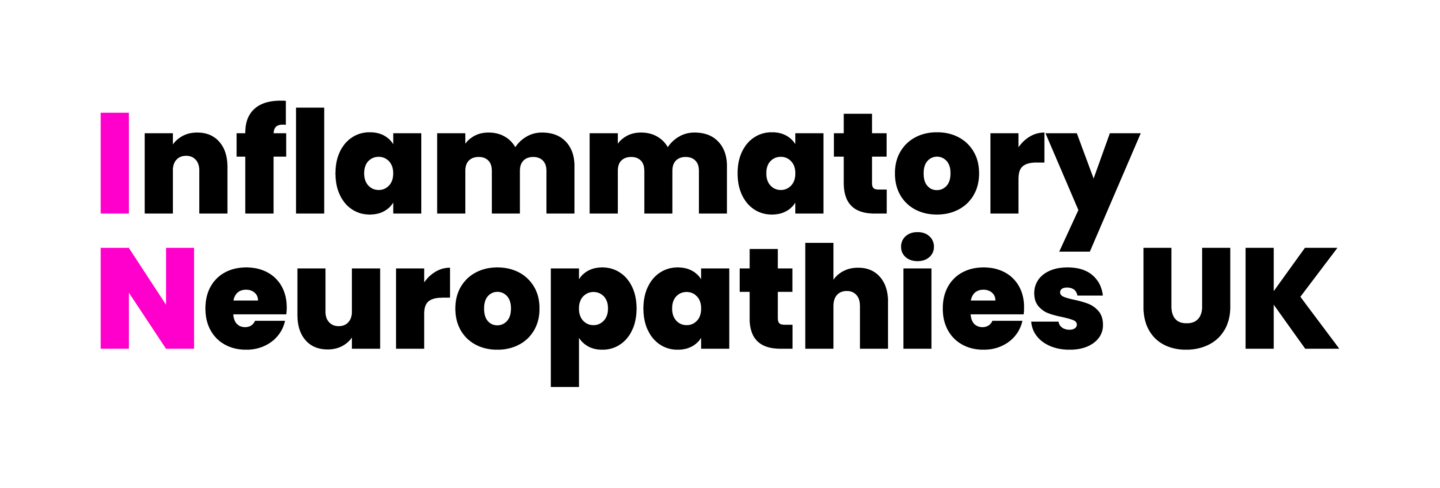• This study is helping us to test a new questionnaire to assess distress related to living with a long-term physical health condition
• Taking part in this study includes completing two online questionnaires, 1 week apart.
1) Why are we doing this study?
Low mood, anxiety and emotional distress is common in people living with long-term health conditions. We know that distress is often experienced differently by people living with a long-term condition, compared to those without a diagnosis. In this study, we want to create and test a new scale to measure the distress related to living with an illness, which could be used in both clinical practice and research to help better support people living with long-term health conditions.
2 Why am I being asked to take part?
We are inviting you to take part as you have responded to our social media advertisement. We are recruiting people who:
– have a physical long-term condition
– are aged 18 years or older
– are based in the UK.
You cannot participate if you:
– Are not based in the UK
– You are under the age of 18
– You do not have a diagnosis of a physical long-term condition
3 What will I need to do if I take part?
If you decide to take part, this study will involve:
1) Eligibility screening: After you have read the information sheet, we will need to ask you some questions to confirm that you are eligible to take part in this study. These questions are to check that you have a physical long-term health condition, that are you over 18 years of age and that you are based in the UK. The research team’s contact information is below so you can contact us to ask any questions about the study before deciding to take part.
2) Online consent form: This will confirm that you have read and understood the information sheet, and that you are happy to take part in the study.
3) Baseline questionnaire. After you have consented you will go through to an online questionnaire. This will ask about your demographics (age, gender, ethnicity, education level, long-term condition diagnosis), as well as about your mood and emotional distress. This will include questions about emotional distress related to your long-term condition and will take about 20 minutes to complete.
4) 1-week follow-up questionnaire. One week later you will receive an email containing a link to an online questionnaire. It will ask about your mood and emotional distress, including questions about distress related to your long-term condition. It will take approximately 5 minutes to complete.
5) Prize draw. You can opt in to taking part in a prize draw. There are 5 X £100 vouchers available to be won.
4 What are the possible benefits and risks of taking part?
There are no direct benefits to participating in this study, except that you can opt into taking part in a prize draw. You will receive one entry each for completing the baseline questionnaire and the 1-week follow-up questionnaire. There are 5X £100 vouchers available to be won. The risk in taking part in this study is minimal. Some people may find it distressing to answer questions about their physical and/or mental health. If you feel you need more support, you can contact a member of the research team ltc-study@kcl.ac.uk. If you are experiencing a lot of distress, there are people who want to help. You can contact the Samaritans on 116 123 (open 24 hours a day, 7 days a week) or Mind on 03001233393 (Mon-Fri, 9am-6pm).
5 Important information
– It is up to you whether or not you want to take part. If you do decide to take part, you will be asked to sign an online consent form.
– You can stop taking part in all aspects of this study, or any part of it, at any time and without giving a reason.
– The research is organised by King’s College London. The study has been approved King’s College London Psychiatry, Health Faculties Research Ethics Subcommittee (rec@kcl.ac.uk; HR/DP-22/23-36320).
– Our aim is to publish the study results in scientific journals. The results may also be used in a thesis for a Masters’s degree. All results will be fully anonymised. This means that you cannot be identified by the information in any way. If you are interested in the results, you can consent to receiving a report from the research team, after the study has been analysed.
6 How will the data collected during the study be used?
How will my data be stored?
All information from the questionnaires will be stored confidentially, using a unique ID number. Your contact details will be stored separately. All information will be stored securely on KCL servers and only members of the research team will be able to access this information. All members of the research team have all undergone General Data Protection Act (2018) (GDPR) training and have the necessary clearances in place. The raw data will be kept according to KCL’s data management policy. According to this policy the data will be stored securely at KCL for 7 years after the study is complete. All personal information will be destroyed securely (by deleting this) after this time period. Anonymised study data may be archived for further analysis. All data will be managed in line with General Data Protection Act (2018) (GDPR) and the Caldicott Principles. The study Lead Investigator remains responsible for overseeing data collection, quality and recording. If you withdraw or are no longer able to participate in the study, you will be able to withdraw any of your data that was collected within 4 weeks of your withdrawal. After this point, you may still withdraw from the study, however your data will be retained in the study as it may have already been used in the study analysis.
Who else will see my data?
If you consent to take part in the research study, your records may be looked at by regulatory authorities or ethics committees. These inspections are to check that the study is being carried out correctly and is following all the correct confidentiality and security procedures. Some data collected in the study will be stored online in a data sharing repository in order to support other research. This data will not include any personal information or data that could identify you in any way (e.g., name, email address, health data). We will never share information that could identify you personally or provide others with personal contact details without your explicit consent. If you are interested in taking part in future research, you can indicate this on the consent form.
7 Contacts details for further information or support
Research team contact details:
Study email address: LTC-Study@kcl.ac.uk
Prof. Rona Moss-Morris (Principal Investigator): rona.moss-morris@kcl.ac.uk
Dr Annie Jones (lead researcher): annie.s.jones@kcl.ac.uk
If the study has harmed you in any way, you can contact the KCL Health Faculties Research
Ethics Sub-committee: rec@kcl.ac.uk
If you are experiencing a lot of distress, there are people who want to help. You can contact the Samaritans on 116 123 (open 24 hours a day, 7 days a week) or Mind on 03001233393 (Mon-Fri, 9am-6pm).
Thank you for taking the time to consider taking part in this study.




